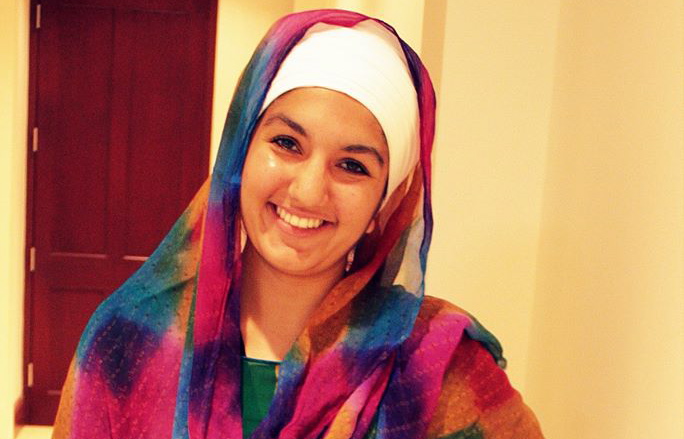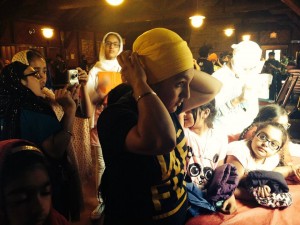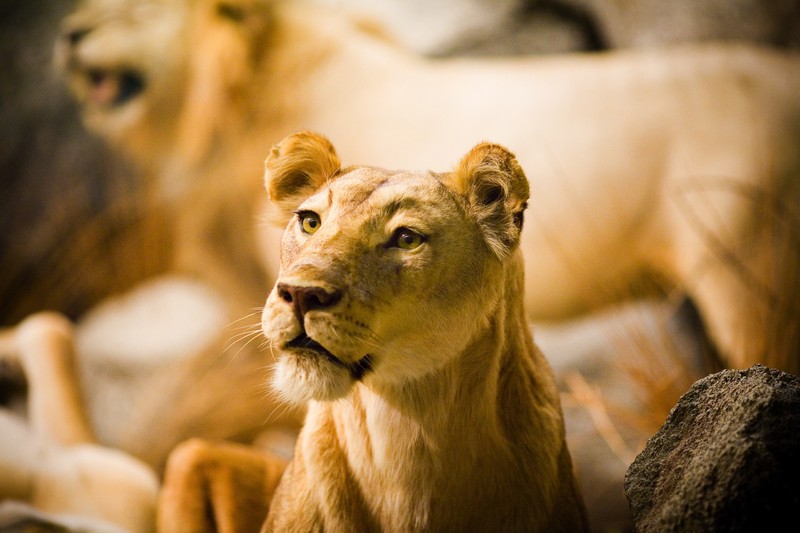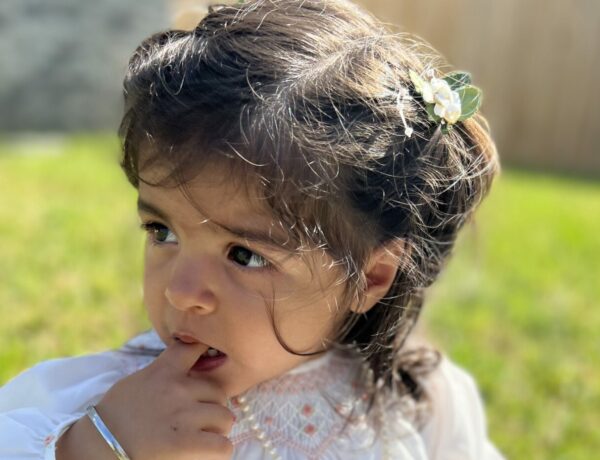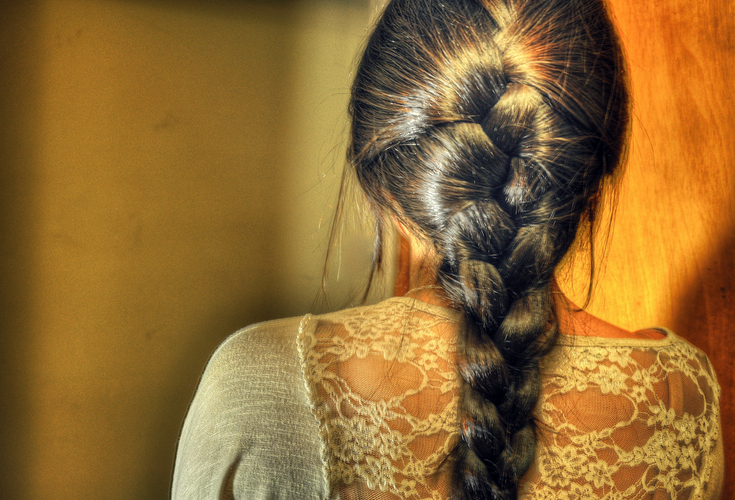by Harleen Kaur
When I decided to start tying a dastaar, I did not anticipate that a good majority of my backlash wouldn’t actually be driven by discrimination or hate, but by bias within my own community and from other Sikhs.
I was very fortunate when I made the decision that a good portion of my family members were accepting and supportive. I certainly surprised them, as the transition was fairly sudden; one day I tied a dastaar, and I haven’t taken it off since. And yet, beyond the initial surprise, I have only received love and encouragement from my parents and brother, as well as many extended family members. Once I started to open up to others about the decision, and I suppose as others became more comfortable providing destructive criticism, I saw a different side of the story. I heard from aunties in the community, who claimed they only wanted what was best for me, that no Sikh boy would want to marry me now that I tied a dastaar. I heard from my peers that it made me look like a man and a Sikh identity isn’t meant for females anyway. When I started to face discrimination based on my appearance, I had to think about who I could go to for support, because I knew many people I confided in would just tell me to “take it off.”
I found it fairly ironic that our Gurus and ancestors fought for the right to a Sikh identity, to any identity really, and here were my fellow Sikhs telling me that a dastaar wasn’t mine to claim. My Sikh identity was actually defined by the cultural and gender bias so rampant in our community, and my Sikhi and relationship with my Guru was confined by the apparent fear that I was no longer “desirable” or “marriage-worthy.”
I would be lying if I said I didn’t take these comments to heart, if I said these concerns didn’t get internalized and then replayed as my own worries, or that I didn’t care about how others viewed me. I certainly saw a shift in the way that many Sikhs treated me after I took amrit, but the shift was even starker once these changes in my lifestyle were more visible. There were many times when I found I couldn’t even spend time with other Sikhs because they expected me to judge them for certain decisions, even though I was doing nothing of the sort. Suddenly, by taking on a dastaar, my personality and future were determined for me, sometimes by complete strangers.
The more comments I have received, the more I have realized, yes, it is problematic that there is much less support for females wearing dastaars within our community, but I’m also not wearing a dastaar for anyone else. My identity is for me and my Guru, no one else. I decided to wear a dastaar because I felt that it was a decision that would bring me closer to Waheguru and allow me to focus on building the connection and relationship that is most important to me. As Bhai Gurdas Ji said, (Vaar 39, Pauri 5)
jothee joth samaae kai pooran param joth chith chaethai||
The Gurmukh, having established his identity with the supreme light, always cherishes that flame in his heart.
I hope that the perspective towards females with dastaars starts to change, but until then, I will focus on the flame within me and allow that to be my guiding light.

